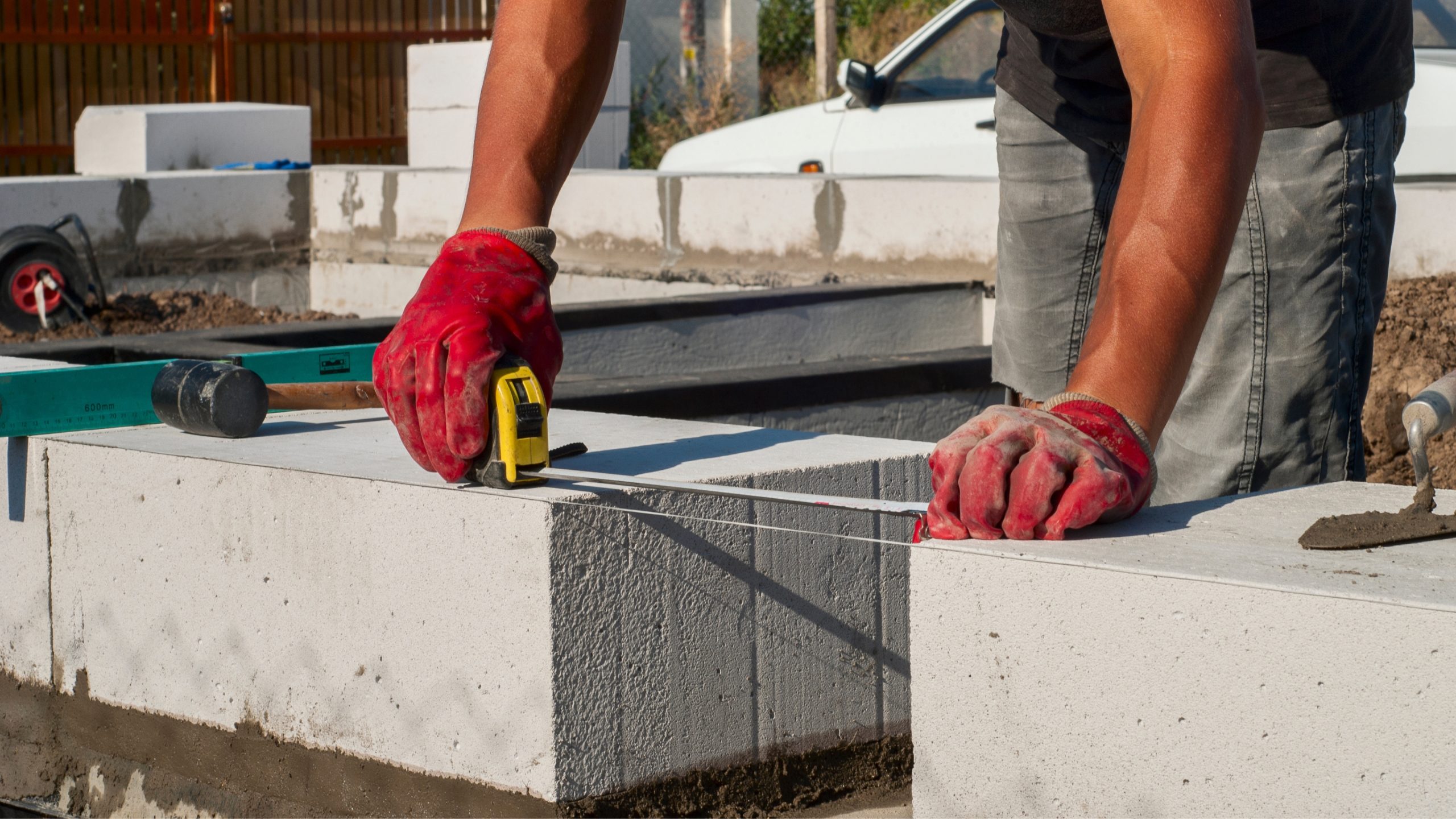Masons and carpenters are two of the most valuable workers in residential, commercial and other construction projects. Carpenters do their work both outdoors and indoors, while masons typically work outdoors, generally building the integral parts of the building’s exterior.
With typically only requiring a high school diploma to enter the workforce, masonry and carpentry are trade careers that pay well! Both careers have national median annual salaries that are higher than the median pay of $46,310 per year for all occupations. Each year, carpenters make $51,390 and mason workers earn $49,490.
While the growth rate for these careers is expected to decline or slow down until 2023, the industry is still expected to hire around 79,500 carpenters and 21,200 masons each year throughout the decade. The worldwide residential construction market is also expected to skyrocket to $8.31 trillion by 2032, a strong jump from its $5.27 trillion value in 2022.
Comparison Table: Carpentry vs Masonry Careers
| Carpentry | Masonry | |
| Starting salaries | $36,160 per year | $36,180 per year |
| Average salaries | $58,210 per year | $61,400 per year |
| Job Responsibilities | * Blueprint reading * Measuring and cutting wood and other materials * Construction and installation of building frameworks * Installation of molding, windows and other wooden structures and fixtures * Inspection, repair and replacement of damaged frameworks | * Blueprint reading * Brick and block laying * Mortar/Cement mixing * Estimating costs of materials * Cutting materials to the needed size * Masonry walls construction * Maintenance, repair and restoration of existing masonry structures |
| Entry-Level Education | High School or equivalent | High School or equivalent |
| Certifications/Licensing | * OSHA safety course * National Association of the Remodeling Industry certification for carpenters focusing on remodeling * National Wood Flooring Association certification | * Some states and cities, such as Chicago, require masons to obtain a contractor license. * The Mason Contractors Association of America (MCAA) can provide certification for the company. |
| Projected Employment Growth (2022-2032) | 1% (slow) | -3% (declining) |
| Largest Employer(s) | * Self-employed carpenters (27%) * Residential building construction (23%) | * Contractors (50%) * Self-employed masons (10%) |
| Highest Paying Employer(s) | Entertainment and Events Promoters | * Public Infrastructure Construction (for brick and block masons) * Nonresidential Building Construction (for stonemasons) |
What Does a Carpenter Do?

Carpenters hold one of the best trade careers. They primarily work with wood and wood-based materials in order to construct, install and repair building structures and frameworks. Some take part in large-scale projects to provide necessary work for huge buildings and bridges.
Other carpenters may focus on interior works such as cabinet installations, drywall construction, and office building insulations, among other specialized projects. Carpenters also build temporary wooden structures for construction works, such as shores, scaffoldings, and forms for concrete pillars and footings.
Carpentry Education and Career Paths
Being a carpenter will only require a high school diploma or equivalent, such as a GED. You can then build on your career by working under the mentorship of experienced carpenters, where you can enhance your trade skills through hands-on, real-life applications.
Alternatively, you can broaden your skills through apprenticeships where you receive paid on-the-job training and a structured curriculum for technical training as well. Contractor associations, unions and other groups typically sponsor apprenticeship programs.
You can obtain industry-recognized credentials or certification through these programs, as the courses provided, such as carpentry basics, safety practices and building code compliance, are based on industry standards.
Community colleges or vocational schools also offer Associate degree programs that will provide you with the formal education you need to become a skilled carpenter. The courses range from basic carpentry concepts to specialty skills/techniques.
In most states, you’ll need at least four years of work experience within the past ten years in order to sit for the state’s licensing exam and submit your license application.
Carpenters can take on these jobs:
- General construction carpenters
- Rough carpenters specializing in framing and structural works
- Finish carpenters specializing in the final details of construction
- Trim carpenters specializing in exterior and interior trim elements
- Roofers specializing in the construction of roofing parts
- Cabinetmakers
- Ship carpenters
- Wood flooring installers
A Carpentry Career Is For You If:
- You like to build framework and final structures using wood and wood-based materials.
- You like to be a part of the skilled workforce that helps build houses for everyone.
- You are comfortable employing your mechanical drawing skills and mathematics aptitude in your career.
A Carpentry Career Is Not A Great Fit If:
- You prefer a career that provides rapid promotion or advancement opportunities.
- You need zero exposure to sawdust, wood and other materials that will trigger your allergies or sensitivities.
- You don’t like manual labor and construction work as a career.
What Does a Masonry Worker Do?

Masons primarily work with manmade and natural stones as well as bricks and blocks for building walls, walkways and other structures. They also mix and utilize concrete as an all-around material for many masonry works. They calculate the amount and sizes of materials required based on the blueprints or building plans. Masons can also repair and restore existing masonry structures.
Masonry Education and Career Paths
A high school diploma or an equivalent education is all you need to start your masonry career. However, you need to be in good physical shape considering the type of construction materials you’ll have to work with, i.e., heavy stones, bricks and blocks.
Many technical schools offer training programs featuring masonry concepts, methods, and applications. Some trade schools also operate in conjunction with apprenticeship training, which contractor associations and unions typically sponsor.
The apprenticeship program will provide you with practical experience under the mentorship of seasoned masons. You’ll gain the “journey worker” status after completing the apprenticeship program, which lasts for three or four years.
Masons can take on these jobs:
- Bricklayers (brick masons or block masons)
- Cement masons
- Stonemasons
- Terrazzo masons
A Masonry Career Is For You If:
- You like to work with stones, bricks, concrete blocks, cement and other similar materials.
- You like a career that requires manual labor and relies on your physical strength and stamina.
- You are a careful person who knows and practices workplace and construction safety procedures.
A Masonry Career Is Not A Great Fit If:
- You prefer a career with minimal exposure to outdoor elements or dusty work environments.
- You need a career that provides many opportunities for innovation and creativity.
- You don’t like working at heights.

Final Word
Despite both careers involving hands-on work in the construction industry and requiring trade skills and apprenticeships, there are differences between carpentry and masonry! Experience the benefits of these trade jobs as you demonstrate expert knowledge of the specialized skills and techniques in all projects relating to this field.

